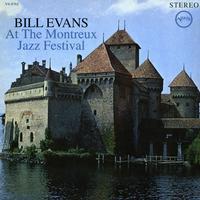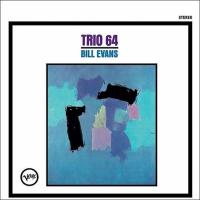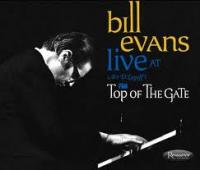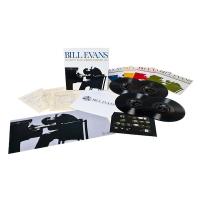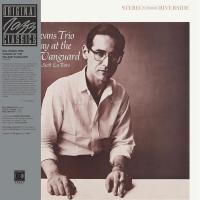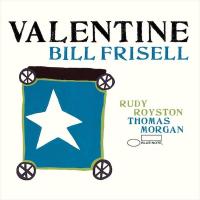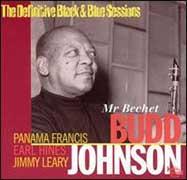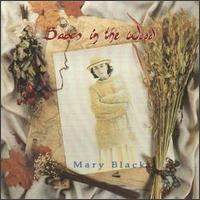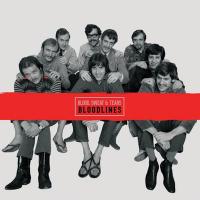Album Reviews
Sort By: Post DateTitle Publish Date
|
Oct 01, 2021
|
Jul 17, 2013
|
Dec 09, 2014
|
May 09, 2025
|
Dec 08, 2023
|
Aug 25, 2020
|
Jul 01, 2006
|
Feb 01, 2006
|
Nov 22, 2017
